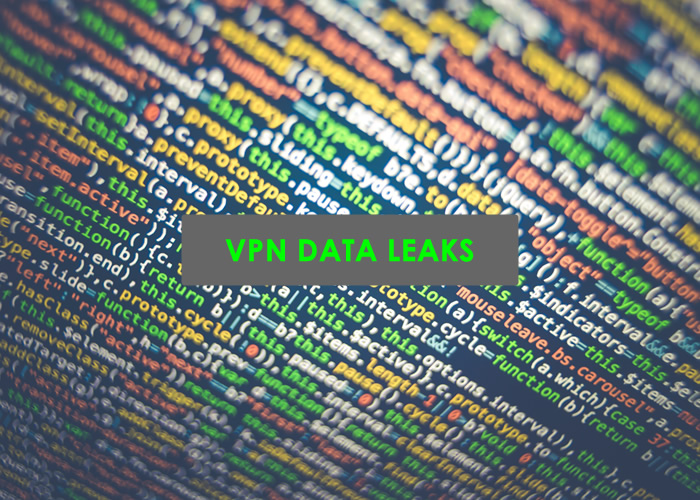Is your VPN Leaking Data ?
Oliver Bradshaw | Last Updated:
Technical VPN Analyst

After the recent Trusted Reviews story on VPN services leaking user data, you might be finding yourself looking to try figure out if your VPN is safe and whether you should shop around for another service. Well, we have a few tips for you to follow to give some insight into whether your VPN is leaking your private data, either intentionally or unintentionally.
The three main VPN services that have been exposed to bugs in the VPN’s code allowing data extraction and leaks have been named as PureVPN, HotSpot Shield and Zenmate. All of which experienced major data leaks to the point where user data could be located and analysed by governments to determine the exact IP address, location and OS of users.
Look for data exposure
There are a few ways to search if your data or IP address has been exposed, as well as your geolocation and other sensitive data, however, and that information can be found at IPLeak.net. You’ll be able to check whether your VPN is leaking any data to the site, like your IP address and other info.
You should also check IP Leak with the VPN disconnected as well as connected to see whether any private information is going through the VPN unencrypted.
DNS Leak Test will also show a great deal of data that your VPN may be leaking by accident, or by design. The website will run a few tests and let you know whether your location data, IP address or service provider information is being shown.
Analyse any leaked data
Data that has been leaked can link back to you and your location in a number of ways. If you do find that your DNS or IP address has been leaked you can take a look at what data is hidden within those addresses on websites such as Trace My IP will show you what other information is being leaked by your VPN – when it’s connected. This data can extend from your location all the way to your operating system and web browser.
If there is any information being let out by your VPN provider in any of the above websites, then it might be time to switch to a more secure provider with enhanced software and code. Some VPNs are beginning to patch their code to prevent these leaks, though, some are unable to do so.
VPNs that are secure
There have been a number of VPN’s that have been thoroughly tested for data leaks and passed with flying colours, so all isn’t lost for those looking for a secure VPN. NordVPN, and ExpressVPN are two of our most favoured vpn service providers for a variety of reasons – including because of the fact that they offer a solid track record in regards to data leak protection.
Additionally, as some VPN providers defer your DNS through their own servers or a third-party, this opens up a number of ways for data to be leaked, so to add an extra layer of security it’s recommended that you switch to a DNS address from Google or Open DNS.
PRIVACY ALERT: Websites you visit can see your current IP Address:
- Your IP Address: 3.139.81.58
- Your Location: Dublin, US
- Your Internet Provider: Amazon.com, Inc.
* Scammers, Governments, and Advertisers can use this information to track and target you.
Our recommended vpn service provider for general all-round internet security and online privacy is ExpressVPN. It offers an excellent selection of online security and internet privacy features, excellent speed, and the ability to unblock your favorite streaming services (Netflix, Hulu, Amazon Prime, BBC iPlayer).
Visit ExpresssVPNCategories: Guides

